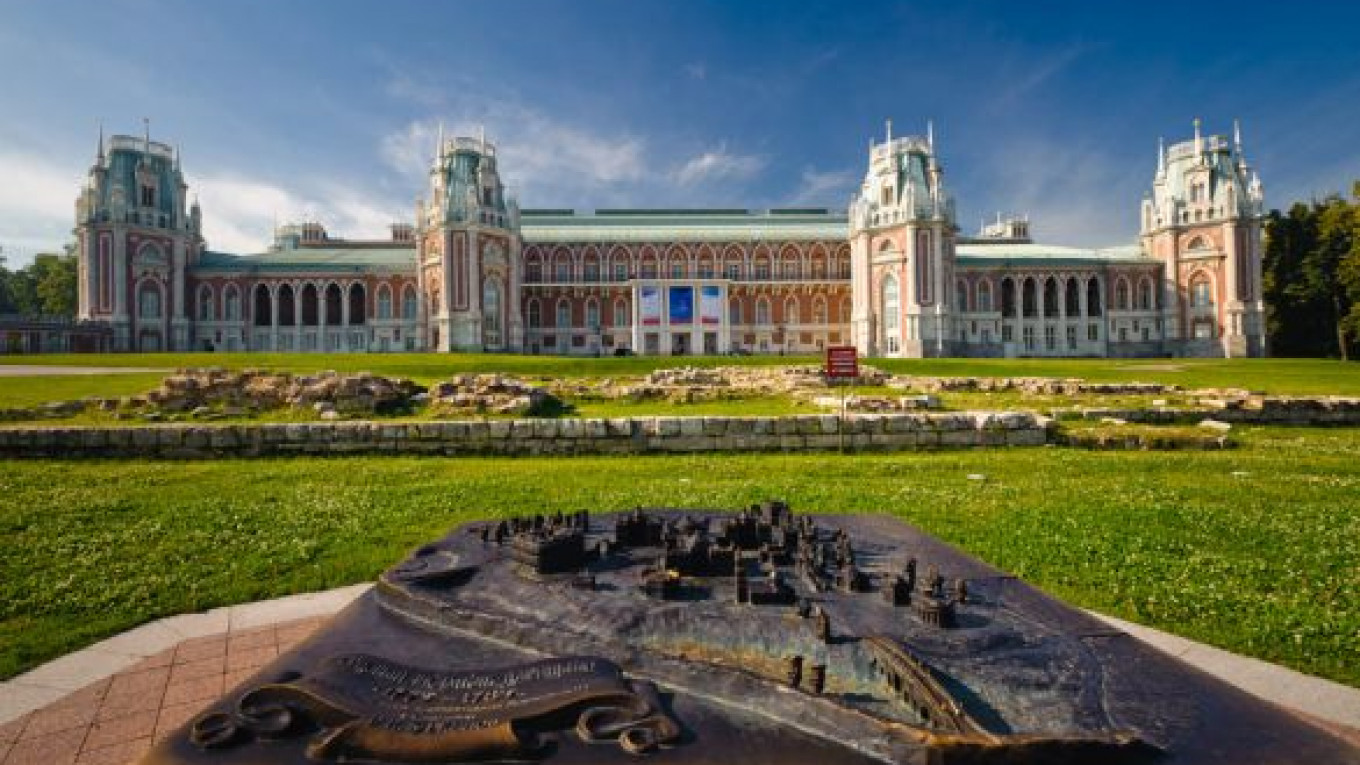A group of smartly clad government representatives and businessmen gathered in the posh Tsaritsyno palace Tuesday to discuss ways of increasing Russia’s investment potential.
Comfortably settled under the gilded ceiling and surrounded by statues of tsarist-era heroes, the participants of the Strong Russia 2012 summit were in an amicable state of mind, at least until the deputy economics minister of the Kaliningrad region stood up.
Mikhail Gorodkov spoke about an issue that few in the room could ignore: the lack of specialists needed to support Russia’s development.
“With the excess of economists and lawyers that we have right now, there will simply be nobody left in 10 years to add to gross production [in Russia],” Gorodkov said.
The issue, although not a novelty to the summit participants, is a sore one. While authorities are soliciting more local and foreign investment by positioning Russia as a technological leader, the quality of the country’s working staff has steadily declined.
Eighty-six percent of companies in Russia experience a deficit of qualified personnel, according to a study by Antal Russia. The June 2012 poll was based on information from 200 companies.
Technical specialists, qualified retail workers, engineers and IT staff are the hardest to find. This shortage of qualified workers is expected to worsen in 10 to 15 years as Russia’s demographics show fewer people of working age.
Part of the problem is young people’s tendency to study economics, law and management, said Viktor Sadovnichy, rector at Moscow State University.
There is such a surplus of people in these professions now that the newly graduated professionals are having trouble finding jobs or are forced to settle for jobs that pay 10,000 to 12,000 rubles ($370) a month, Sadovnichy said.
The results of the Unified State Exam are a good indication of the professions that graduates are choosing to study. The number of students who pass the physics exam, which is necessary to go on to study engineering, is currently only 2 percent of the number that the technology sector needs to function, Sadovnichy said.
Roughly five companies, including Gazprom and Severstal, have created corporate institutes to train their own specialized staff. Government authorities have also helped to create several science parks to train specialists and give working specialists a market edge.
Retaining the specialists trained through these or other methods is also a challenge. Sadovnichy attended the graduation ceremony for 7,500 Moscow State University students Monday.
Some of the graduates were not only on their way out of school but also on their way out of Russia.
The most outstanding graduates received offers to go to Yale, Cambridge and the Massachusetts Institute of Technology, among other elite universities, Sadovnichy said.
“These centers are probably smart in that they want to take our students and work with them, but we also have to do something,” Sadovnichy said.
A Message from The Moscow Times:
Dear readers,
We are facing unprecedented challenges. Russia's Prosecutor General's Office has designated The Moscow Times as an "undesirable" organization, criminalizing our work and putting our staff at risk of prosecution. This follows our earlier unjust labeling as a "foreign agent."
These actions are direct attempts to silence independent journalism in Russia. The authorities claim our work "discredits the decisions of the Russian leadership." We see things differently: we strive to provide accurate, unbiased reporting on Russia.
We, the journalists of The Moscow Times, refuse to be silenced. But to continue our work, we need your help.
Your support, no matter how small, makes a world of difference. If you can, please support us monthly starting from just $2. It's quick to set up, and every contribution makes a significant impact.
By supporting The Moscow Times, you're defending open, independent journalism in the face of repression. Thank you for standing with us.
Remind me later.






